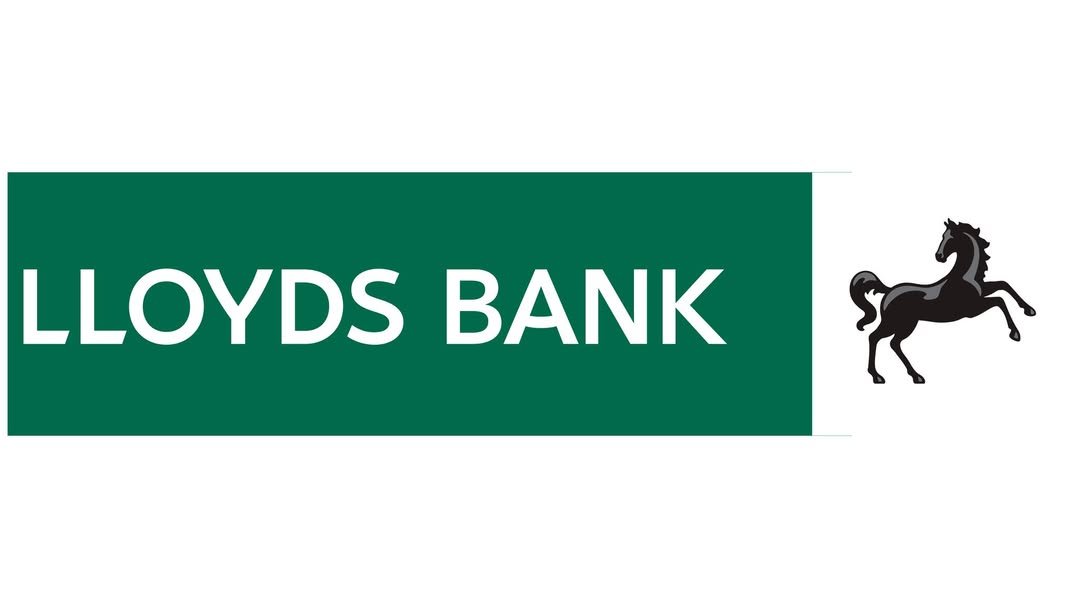Lloyds Bank holds a special place in the financial fabric of the UK. Woven into British society, it serves over 30 million customers through its extensive network, including high street branches under well-known banners such as Lloyds Bank, Halifax, and Bank of Scotland. In 2025, Lloyds continues to be both a bellwether for the UK economy and a barometer of shifting consumer and business needs.
Navigating the Challenges of a Changing Economy
This year, Lloyds Bank finds itself in the spotlight more than ever. As the UK navigates inflationary pressures, changes in housing, and rapid technological evolution, Lloyds has responded with both resilience and innovation. The bank’s latest financial results show this strength. For the first half of 2025, Lloyds reported a statutory profit before tax of £3.5 billion, which is 5% higher than the same period a year earlier. This growth was largely driven by increased net interest income, which rose by 7% to £6.5 billion, a testament to the bank’s robust lending and deposit strategies. Customer loans and deposits have both increased, and the bank’s capital position remains strong with a CET1 ratio of 13.8%.
Supporting UK Homebuyers and First-Time Buyers
Recent months have marked a significant push by Lloyds to support first-time homebuyers—a key demographic in the evolving UK housing market. With house prices in picturesque towns rising by 5% year-on-year, Lloyds injected an extra £4 billion into its lending for first-time buyers. This bold step aims to ease the path to homeownership for younger and aspiring Britons, directly addressing one of the nation’s most pressing challenges.
Commitment to Digital Innovation
Lloyds Bank’s technological transformation is another notable highlight. Over the past three years, the bank has invested £3 billion in digital infrastructure, placing it at the forefront of online banking in the UK. With more than 19.5 million digital customers, investments in digital capabilities are central to Lloyds’ vision of being the UK’s customer-focused digital leader. The bank’s digital push has paid off in the form of greater efficiency and improved customer experience, even as it continues to modernise its branch presence for those who prefer personal service.
However, technology is not without glitches. Just this week, Lloyds, Halifax, and Bank of Scotland customers experienced rare online banking outages on payday—the last day of the month—affecting thousands across the UK. The bank responded swiftly, restoring services and assuring customers of ongoing investment in digital resilience.
Economic Insights and Sector Tracking
Lloyds Bank plays a unique role in informing both businesses and consumers about the state of the UK economy. Its UK Sector Tracker, released earlier this month, provides timely data and insights across various industries, enabling people to make well-informed financial decisions. According to the latest Lloyds Business Barometer, UK business confidence in July 2025 climbed to its highest level since 2015 at 52%, reflecting optimism across key sectors. Nonetheless, the bank’s sector tracking also revealed that only three out of fourteen sectors saw output growth last month, highlighting the mixed recovery across different industries.
Investing in Students and Community Initiatives
Lloyds remains at the heart of British communities. This summer, the bank revamped its student account to provide flexible and tailored support for students entering higher education. In addition, the Lloyds Scholars Programme continues to offer mentoring, internships, and financial support to UK university students from lower-income backgrounds, promoting social mobility and opportunity across the country.
Furthermore, Lloyds is recognised for its efforts in diversity and inclusion, supporting disability rights and championing various community development programmes nationwide.

Expert Insights and Strategic Vision
Under the leadership of CEO Charlie Nunn and Chairman Robin Budenberg, Lloyds Bank is focused on three priorities: strengthening its core business, seeking growth opportunities, and boosting digital capabilities. The bank’s expert Market Insights Team, led by respected economists, provides clients and the public with forecasts and considered views on the UK’s economic landscape. These insights prove invaluable, especially during periods of rapid change.
Facing the Future
While Lloyds shows unwavering strength, it remains exposed to risks. As the UK’s largest mortgage lender, it is closely linked to the health of the UK housing market. Fluctuations in interest rates and ongoing scrutiny over fair lending—for instance, investigations into motor finance commission arrangements—remind the bank and its stakeholders of the need for steadfast governance.
Nevertheless, Lloyds stands at the centre of the UK’s transition to a dynamic and digitally inclusive banking landscape. Its sustained profit growth, targeted support for homebuyers, and commitment to community initiatives all signal an institution tuned to the evolving needs of British society. As the UK economy looks for stability and future growth, Lloyds Bank’s steady hand will continue to play a decisive role.
Improving Customer Experience
Lloyds has invested in overhauling its customer service, blending advanced digital tools and in-branch personal support. Earlier this year, the bank rolled out an AI-powered chat service, aiming to resolve common banking issues in minutes. This move follows a growing trend in UK banking where speed and reliability are essential for consumers.
According to a 2025 customer satisfaction poll by Ipsos MORI, Lloyds scored above industry averages for prompt issue resolution and clarity of digital communication. The introduction of accessible features for visually impaired and elderly customers has also drawn positive attention from advocacy groups.
Tackling Fraud and Cybersecurity
Fraud prevention remains a top priority. In response to a rise in sophisticated scams targeting UK customers, Lloyds Bank doubled its investment in cybersecurity over the last two years. The bank’s security team has launched new awareness campaigns that warn customers about phishing threats and how to spot fraudulent calls or emails.
The bank now offers a ‘confirmation of payee’ service to help prevent payments being sent to the wrong recipient. Official data from UK Finance showed a 23% drop in reported Lloyds-related transfer scams during the first half of 2025, suggesting these measures are having real impact.
Conclusion:
Lloyds Bank continues to play a vital role in the UK’s financial landscape, balancing tradition with innovation. Its focus on sustainable finance, customer service, and digital transformation signals a commitment to both modern needs and long-standing community values. As the banking sector evolves, Lloyds’ responsible leadership and adaptability ensure it remains at the heart of British banking.
Read More: Aimee Osbourne: The Private Heir to a Rock Legacy
